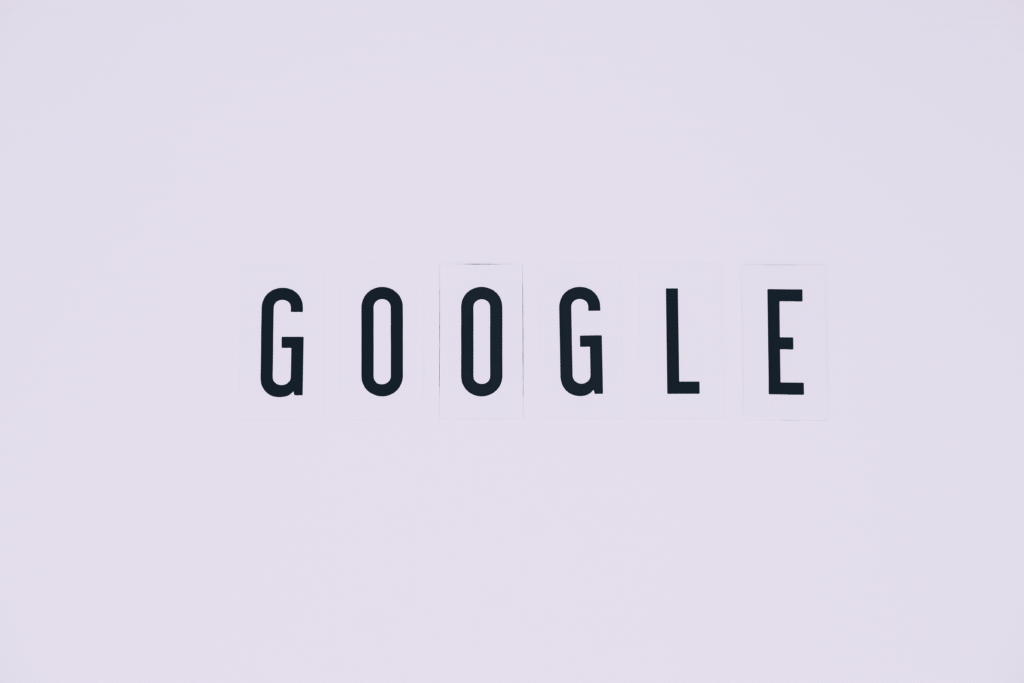- 660 014 818
- admin@thecloud.group
- Mon - Fri 8:30 - 20:00

Google BERT, or simply BERT (Bidirectional Encoding Representations from Transformers) is a deep learning algorithm that helps search engine robots process words relative to the context of other words used in a query, rather than to do it in an individual order.
BERT makes it easier to understand search intent, context, and language nuances, ultimately improving the overall user experience when searching on Google.
An example of BERT at work is that prepositions like "for" and "by" will gain more meaning and, therefore, Google will be able to offer more relevant results to a query.
Another case is when certain words change their meaning depending on the context. For example, in the search query “how to catch a cold”, the word “cold” in this context refers to a type of illness (of the upper respiratory tract).
But before BERT, the search results presented content related to fishing and fish. After the update went into effect, the search algorithm took the word “cold” into account and therefore returned more relevant results.

The introduction of BERT raises the question of how this affects SEO. doCan an SEO consultant optimize content for BERT?
Danny Sullivan, a Google spokesperson, said in a tweet, "There's nothing to optimize with BERT," adding that BERT doesn't really change the fundamentals of how Google ranks content. However, he stresses that instead, a consultant SEO you can simply optimize the content for users, which basically amounts to the same thing.
Below are 4 ways how an SEO consultant can further optimize content so that BERT can better match it to search queries:

An SEO consultant must not lose sight of the essence of content creation: offering valuable content with substantial information that resonates with the audience. What BERT does is help search engine bots to understand the questions entered by users.
In this way, the target keywords should flow naturally, not loaded with grammatically incorrect phrases, only for the keywords to be included in the text, or in some way, bombastic, gimmicky or unintelligible to the target audience.
The key to writing relevant content is knowing the needs and wants of your audience. Although the use of keyword tools is very useful, it is much better to enter the world of your target audience and find out more about them: What are their priorities? What questions do they usually ask? How would life be made simpler for them?
Read or listen to their conversations on social networks, online forums, etc. Ask them directly through surveys. The important thing is to find out more about who they are and what they need.
Overly formal, technical and bombastic phrases will not sit well with everyone. Therefore, simplifying the language is crucial for content optimization.
Keep a conversational tone. Use a natural and everyday language and words of common use. For SEO, use keywords that are semantically related to the target search phrase. For example, if your goal is “the best cocido madrileño”, you could use keywords such as “comida madrileña”, “Madrid” and “restaurants in Madrid”.

In addition to all of the above, it is also important to work on the basic elements of on-page SEO:
The Cloud Group know what you need for your company or organization. Therefore, through a professional 100% SEO consultancy, we will support you to the fullest in achieving your brand objectives. doAre you ready to start?